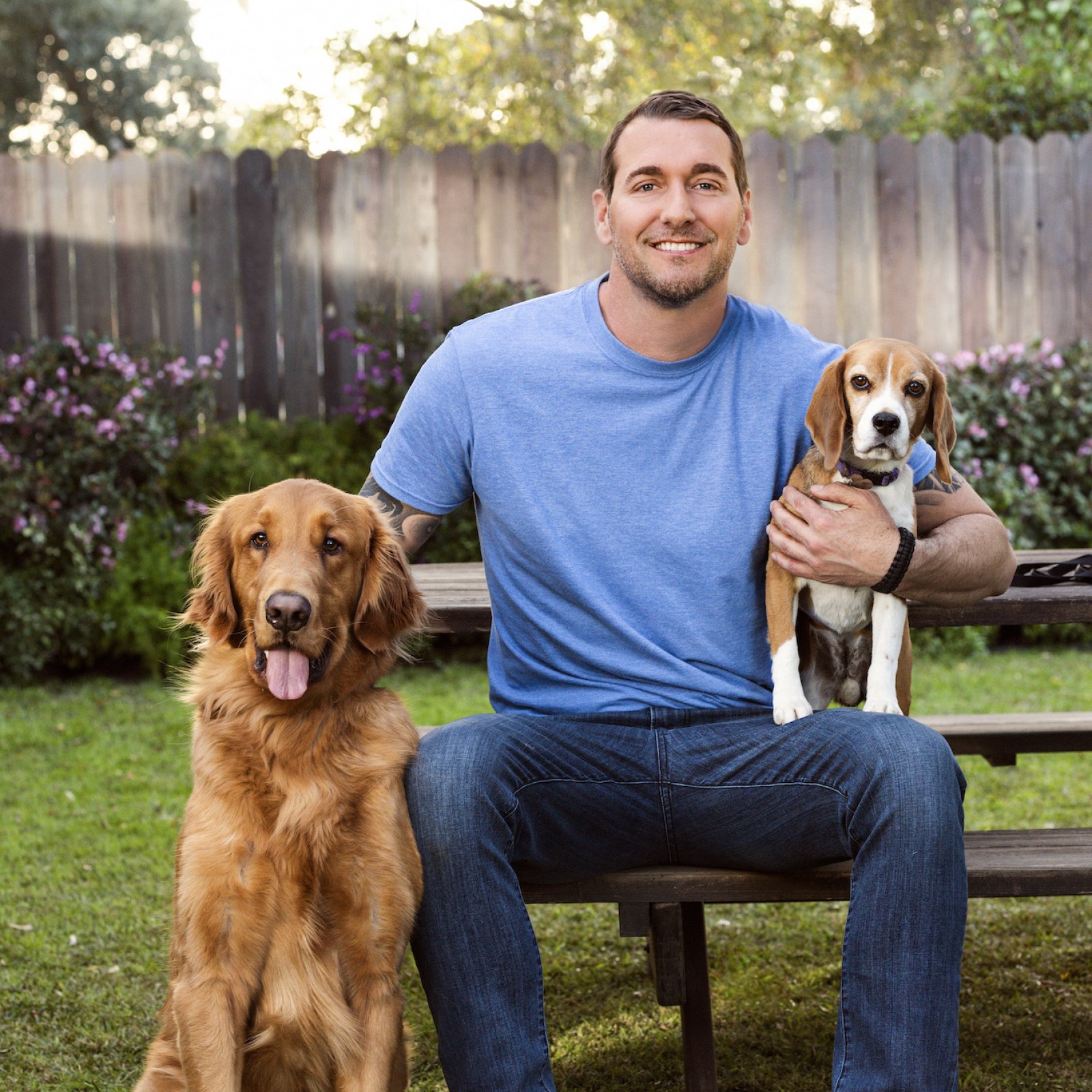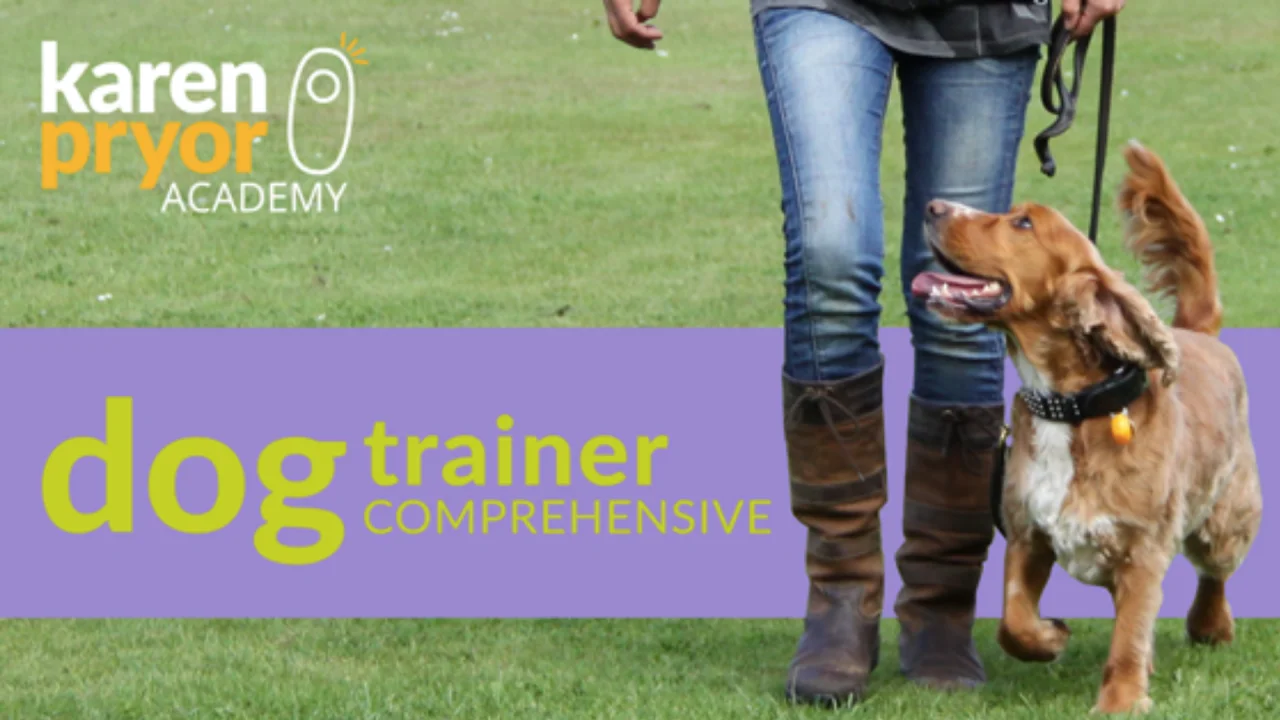Unlock Your Canine's Possible: Proven Dog Training Methods for Success
Efficient pet dog training is a nuanced process that depends upon understanding canine actions and utilizing scientifically backed methods. Dog training. By incorporating favorable support, establishing clear commands, and focusing on socialization, pet dog owners can grow an effective relationship with their family pets. Challenges frequently occur that require tailored remedies and a client strategy. Exploring these confirmed approaches exposes not only the potential for behavioral renovation however likewise the deeper bond that can be created in between proprietor and dog. What essential approaches must be considered to really unlock your dog's potential?
Comprehending Pet Dog Actions
Comprehending dog behavior is necessary for effective training and promoting a positive relationship between dogs and their owners. A thorough understanding of canine body language, articulations, and social interactions is important for recognizing their feelings and requirements. Dogs communicate primarily via non-verbal signs; as an example, a wagging tail might suggest excitement, while pinned ears can signify worry or submission.

Furthermore, ecological elements play a significant duty in forming a pet dog's habits. Adjustments in regular, brand-new environments, or the existence of strange people can lead to tension or anxiousness in canines. Identifying these triggers allows owners to minimize adverse responses and develop proper training approaches.
Inevitably, a deep understanding of pet habits lays the foundation for successful training approaches, improving both actions and the general bond in between the pet and its owner. dog training near me. This knowledge is essential for cultivating a well-adjusted, pleased canine friend
Favorable Reinforcement Methods
Efficient training relies greatly on favorable support strategies, which have actually been shown to yield substantial lead to shaping desired habits in dogs. This technique includes rewarding a dog for showing particular actions, thereby raising the possibility that these habits will be duplicated. Incentives can take numerous types, including deals with, appreciation, toys, or play, relying on what inspires the private pet dog.

It is necessary to gradually phase out rewards as the dog finds out the actions, transitioning to recurring support. This approach keeps the behavior over time while protecting against dependence on consistent incentives. By concentrating on favorable reinforcement, fitness instructors can cultivate a relying on partnership with their dogs, promoting a healthy and balanced and cooperative training environment that boosts general obedience and performance.
Developing Constant Commands
A basic aspect of effective dog training is the facility of consistent commands. Consistency in commands is vital for effective interaction in between the pet and the fitness instructor. When commands are consistent, canines find out to associate certain words with preferred habits, which accelerates the training process and enhances understanding.
To develop constant commands, it is necessary that all relative use the same terminology and motions. If one person makes use of "rest" while an additional claims "sit down," it can produce complication for the pet. Select clear, distinct words for commands and make certain everyone entailed in the canine's training complies with these choices.
Strengthen commands via regular technique, guaranteeing that the pet receives sufficient chances to react appropriately. When a canine efficiently complies with a command, immediate favorable support needs to comply with.
Last but not least, hold your horses. Establishing consistent commands takes time and effort. With commitment and quality, you will aid your pet establish a strong understanding of expectations, ultimately bring about a well-behaved friend.
Socializing and Direct Exposure
Interacting socially a dog is crucial for cultivating a positive and well-adjusted companion. This process entails subjecting your canine to a selection of atmospheres, people, and various other animals to establish their social skills and flexibility. Early socializing, preferably in between the ages of three to fourteen weeks, is critical, as it prepares for a pet's future habits.
During socialization, purpose to supply favorable experiences in different settings, such as parks, hectic streets, and homes with other pet dogs. Present your pet dog to various stimuli, consisting of noises, views, and smells, ensuring that each encounter is satisfying. This exposure helps reduce anxiety stop dog barking in crate and anxiety, leading the way for a more resilient pet dog.
Engaging in regulated team play sessions with various other pet dogs can also enhance social abilities, educating your family pet suitable communications and limits. Focusing on socializing will considerably add to your pet dog's total joy and actions throughout their life.
Conquering Common Educating Difficulties

One more regular problem is disturbance. Pet dogs may struggle to focus in unfamiliar or active setups. Progressively desensitize your dog to disturbances by beginning training in a peaceful atmosphere and gradually presenting more stimulations as they become proficient (dog training charlotte nc). Positive support techniques, such as treats and praise, can preserve inspiration and focus.
Furthermore, behavior concerns like leaping or excessive barking can end up being discouraging. Address these by instructing alternative behaviors, such as sitting steadly when welcoming visitors. Uniformity and persistence are essential; enhance preferred behaviors regularly and stay clear of scolding, which can lead to confusion.
Finally, identify that each pet dog is distinct, and training timelines may differ. Dressmaker your strategy to your canine's individual requirements, and seek expert support if essential. With determination and the appropriate techniques, getting rid of these obstacles can cause a trained, pleased canine friend.
Verdict
To conclude, opening a canine's prospective requires a detailed method that integrates an understanding of canine behavior, the application of favorable support techniques, and the establishment of regular commands. Early socialization and exposure to varied settings additionally improve a canine's flexibility and self-confidence. By dealing with usual training obstacles with tailored approaches and persistence, a cooperative and unified partnership between pet and trainer can be cultivated, eventually causing a well-behaved buddy efficient in thriving in numerous situations.
Efficient pet training is a nuanced process that pivots on comprehending canine habits and using scientifically backed methods.Recognizing pet dog behavior is necessary for effective training and fostering a favorable relationship between canines and their owners.Effective training relies heavily on favorable reinforcement strategies, which have been shown to yield significant results in forming preferred actions in canines. When commands are uniform, canines find out to associate specific words with preferred behaviors, which increases the training procedure and boosts understanding.
In final thought, opening a canine's prospective demands an extensive method that incorporates an understanding of canine behavior, the application of favorable reinforcement strategies, and Visit Your URL the establishment of regular commands.